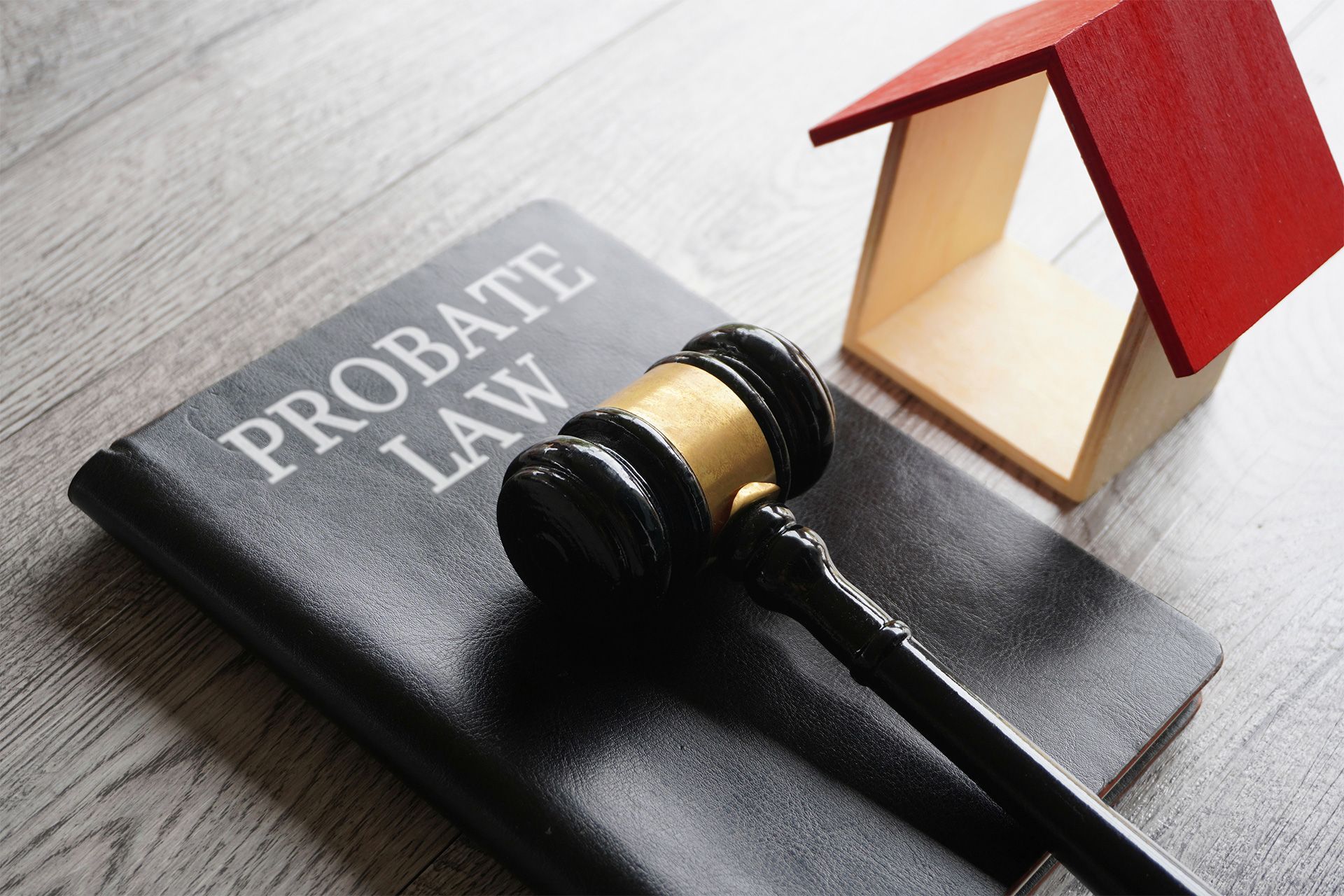Guardianship vs Custody: What Are The Key Differences?
Did you know that over 2.6 million children in the U.S. live with a guardian instead of their parents? This growing number shows how important it is for families to understand the differences between guardianship and custody. Whether you're a parent, grandparent, or caregiver, knowing these terms can help you make the best decisions for a child's future.
In this blog, we’ll explore the key differences between guardianship and custody in simple terms, explain when each applies, and guide you on when to contact a guardianship attorney.
What Is Custody?
Custody is a legal term used mostly in family law. It refers to the rights and responsibilities a parent has toward their child. This includes where the child lives, who makes decisions for them, and how much time they spend with each parent.
Types of Custody:
- Legal Custody: The right to make decisions about the child’s health, education, and welfare.
- Physical Custody: Where the child lives on a day-to-day basis.
Custody is usually decided during a divorce or separation. The court looks at what’s best for the child.
Example:
After a divorce, a judge may give joint legal custody to both parents, meaning both get to make decisions for the child, even if the child lives mostly with one parent.
What Is Guardianship?
Guardianship is a legal process where a court gives someone who is not the child’s parent the right to care for that child. This can happen when the parents are unable to care for their child due to illness, death, or other serious issues.
A guardian can be a grandparent, relative, or close family friend. This person takes over parenting duties but doesn’t replace the parent’s legal rights permanently.
Types of Guardianship:
- Temporary Guardianship: Short-term care, often used in emergencies.
- Permanent Guardianship: Long-term care, granted when the parent can't return to parenting soon.
A guardianship attorney can help you file the right paperwork and represent your case in court.
Guardianship vs Custody: Key Differences
Here’s a simple way to see the main differences between the two:
| Feature | Custody | Guardianship |
|---|---|---|
| Who Gets It? | Usually a parent | Usually a non-parent (e.g., grandparent) |
| How Is It Decided? | Family Court (divorce, separation cases) | Probate Court or Juvenile Court |
| Is It Permanent? | Can be until the child turns 18 | Can be temporary or permanent |
| Can It Be Reversed? | Yes, by court order | Yes, but only by going back to court |
| Legal Parental Rights? | Usually still held by the parent | Parent may lose some or all rights |
In short, custody is mainly for parents. Guardianship is for when someone else needs to step in and care for the child.
When Is Custody the Right Option?
Custody is the right choice in situations like:
- Divorce or legal separation.
- Disagreements between parents over parenting.
- Paternity cases involving unmarried parents.
The court will always focus on what’s best for the child. They may look at the child’s relationship with each parent, where the child goes to school, and any history of abuse or neglect.
When Is Guardianship the Better Choice?
Guardianship is helpful in situations such as:
- Parents are in jail or rehab.
- Parents are dealing with severe illness.
- Parents have passed away.
- Parents are unable or unfit to care for the child.
Guardianship ensures that a responsible adult can make decisions and care for the child legally.
Why the Court Matters
In both custody and guardianship cases, the court plays a big role. It wants to make sure the child is safe and well cared for.
For custody, the court usually hears the case in family court. For guardianship, it’s usually in probate court.
Both situations require proper legal documents and sometimes court hearings. That’s why it’s smart to talk to a guardianship attorney or family law expert.
Can a Guardian Also Have Custody?
Yes, in rare cases. Sometimes, a guardian may also be given custody if it’s in the best interest of the child. But in most cases, custody belongs to parents, and guardianship is for non-parents.
How Long Does Guardianship Last?
It depends. Some guardianships are temporary—lasting a few months. Others may last until the child turns 18. The court can also end guardianship if the parent becomes able to care for the child again.
Do Guardians Have the Same Rights as Parents?
Not always. A guardian has the legal right to make decisions about the child’s care, schooling, and medical needs. However, they may not be able to change the child’s name or move out of state without court approval.
How to Get Custody or Guardianship
Here’s a basic guide:
For Custody:
- File a petition in family court.
- Attend court hearings.
- Provide evidence showing what’s best for the child.
For Guardianship:
- File a petition in probate court.
- Notify the child’s parents (if possible).
- Attend a hearing and explain why guardianship is needed.
- Provide background checks and other documents.
A guardianship attorney can guide you through these steps.
Choosing What’s Best for the Child
Whether you’re considering guardianship or custody, remember: the court’s goal is always the best interest of the child. That means looking at who can provide love, stability, and safety.
Don’t try to do this alone. It’s a good idea to talk to a lawyer who knows the laws in your state and can help you take the right steps.
Final Thoughts
Understanding the difference between guardianship vs custody is key to making the right choices for a child’s well-being. These decisions can be life-changing, so it’s important to get the facts and seek legal help when needed.
If you’re unsure which path is right, contact a trusted guardianship attorney at Doane & Doane today.
FAQs About Guardianship vs Custody
What is the biggest difference between guardianship and custody?
Custody usually involves a child’s parents, while guardianship is for someone who is not the parent.
Can a parent get back custody from a guardian?
Yes, but the parent must go to court and show they are able to care for the child again.
Do I need a lawyer for guardianship?
While it’s not required, hiring a guardianship attorney is very helpful to avoid mistakes and speed up the process.
Is guardianship only for children?
No. Guardianship can also be for adults who cannot care for themselves due to illness or disability.
Disclaimer: The information on this website and blog is for general informational purposes only and is not professional advice. We make no guarantees of accuracy or completeness. We disclaim all liability for errors, omissions, or reliance on this content. Always consult a qualified professional for specific guidance.
RECENT POSTS






